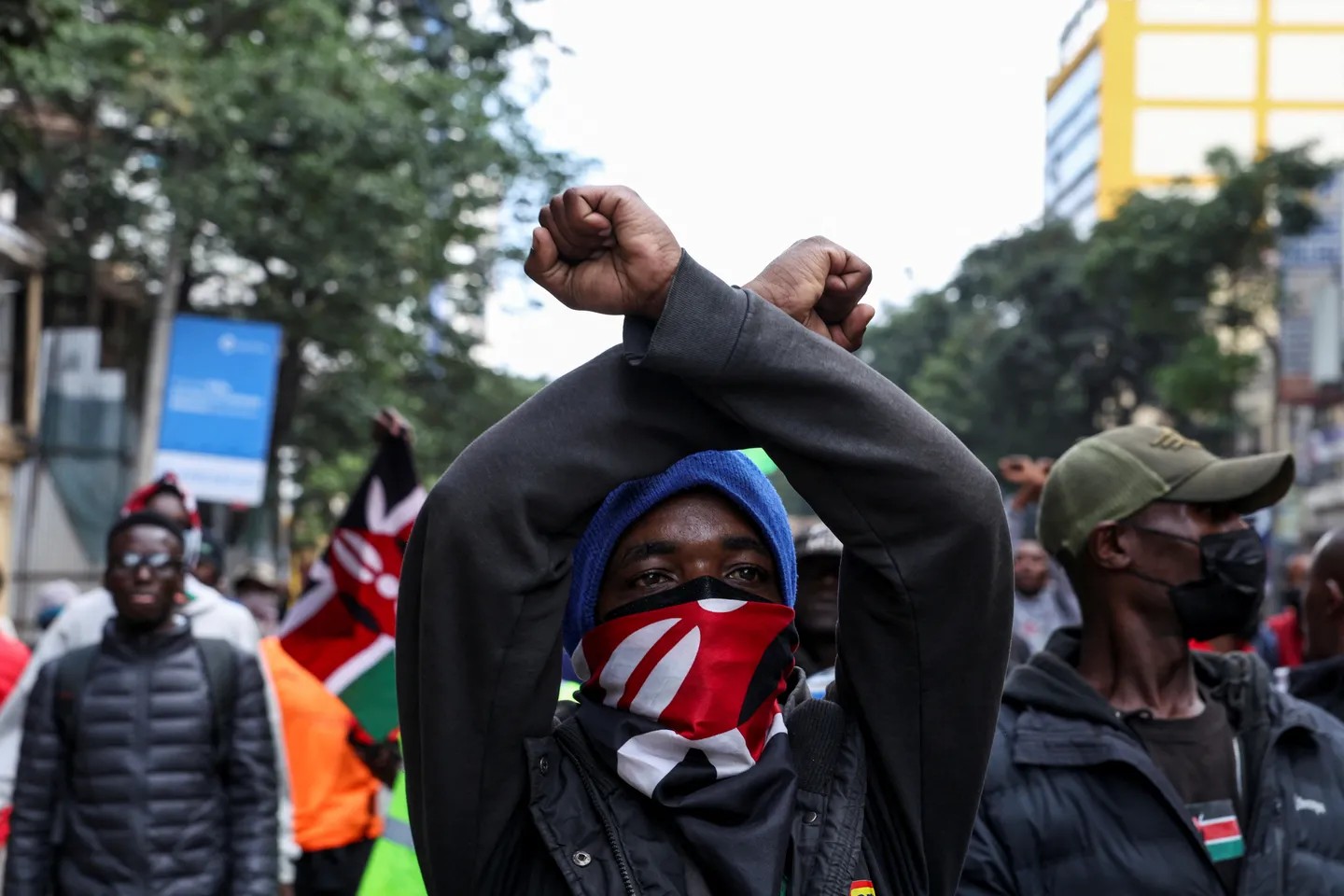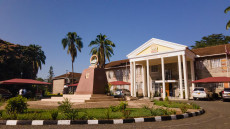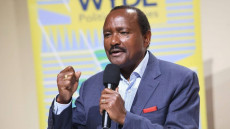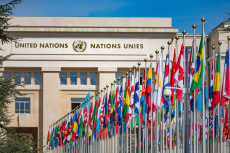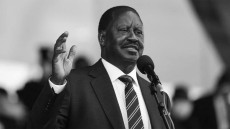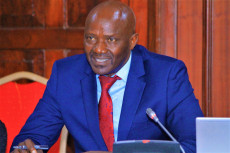Kenya’s journey toward full implementation of its democratic regime is still marred with challenges but the journey is still on.
The country formally transitioned into a democratic state in 1991, following the repeal of Section 2A of the Constitution and the reintroduction of multiparty politics.
Before that, Kenya operated under a single-party system dominated by the Kenya African National Union (KANU), where political opposition was either banned or heavily suppressed.
According to the United Nations (UN), democracy is about giving people a say in their futures. “Everyone should be able to meaningfully participate in decisions that will affect their lives now, and in years to come,” the UN affirms.
UN Secretary-General António Guterres has
echoed this on Democracy Day, stating, “Democracy is powered by the will of the people. It thrives when human rights and fundamental freedoms of all are upheld. Let’s reaffirm democracy as a force for dignity, inclusion, and peace and work together to ensure it delivers for all.”
Former UN Secretary-General Kofi Annan also
once said, “There is no single model of democracy, or of human rights, or of cultural expression for all the world. But for all the world, there must be democracy, human rights, and free cultural expression.” His words still resonate in Kenya’s ongoing struggle to define and defend its democratic identity.
Speaking on Spice FM on September 15, 2025,
Jackson Obare, Regional Manager for Eastern and Southern Africa at ForumCiv, reminded listeners of the Constitution’s preamble: “Power rests with the people. Leaders only exercise donated power to serve citizens.” His message was clear; the voice of the people must be heard.
Furthermore, Martha Wambui, a
lawyer and founder of SHE’S Afrique Hub, added her perspective: “Citizens hold sovereign power under the Constitution, and democracy is like a house or garden, it’s our duty to maintain it.”
That duty was put to the test during the Gen Z revolution of 2024–2025, when young Kenyans took to the streets in protest against the Finance Bill. Their movement didn’t just challenge policy, it challenged the illusion of democracy itself, exposing its weaknesses in real time.
Peaceful protests were met with police brutality, abductions, and intimidation. The state’s reaction revealed just how fragile democratic institutions can be when confronted by mass youth dissent.
Gen Z’s demands for accountability made it clear: elections alone don’t guarantee democracy. Their activism highlighted how citizens’ voices are often ignored between election cycles, especially when policies like punitive taxation are pushed without public consultation.
Kenya’s democratic journey is far from over. But if democracy is truly powered by the will of the people, then the people, especially the youth must be at the center of it. Not just during elections, but every day.
The United Nations General Assembly established the International Day of Democracy in 2007, and it’s observed every year on September 15. The day is meant to promote and uphold the principles of democracy worldwide, reminding governments and citizens alike that democracy is not just about elections—it’s about participation, inclusion, and accountability

